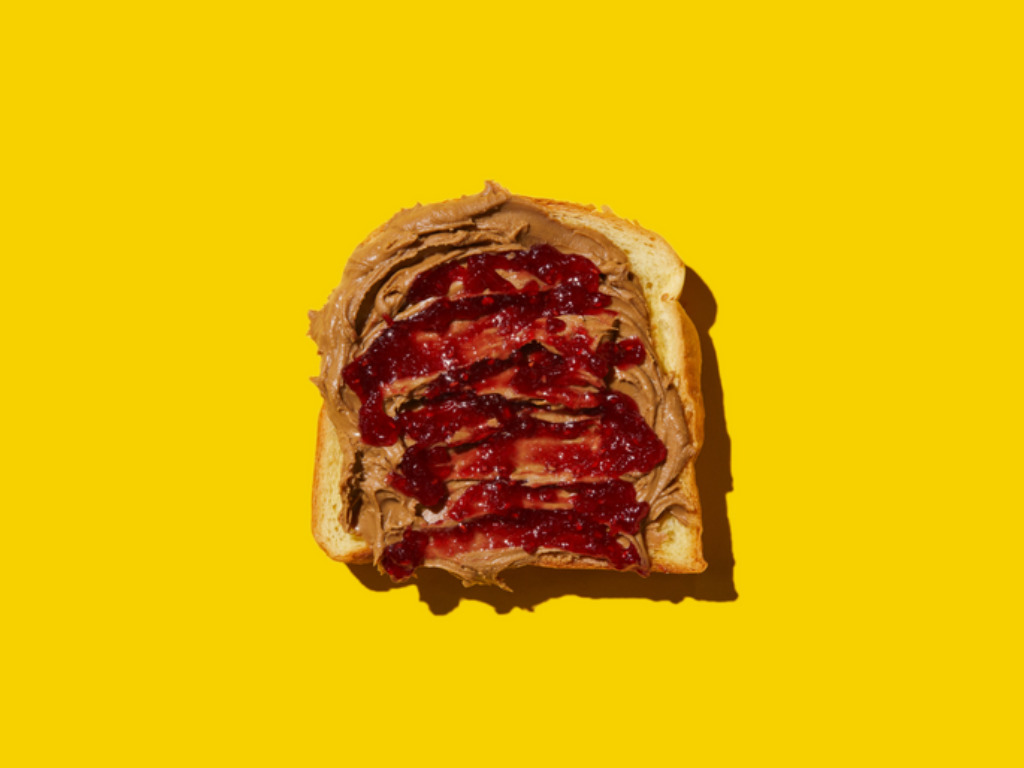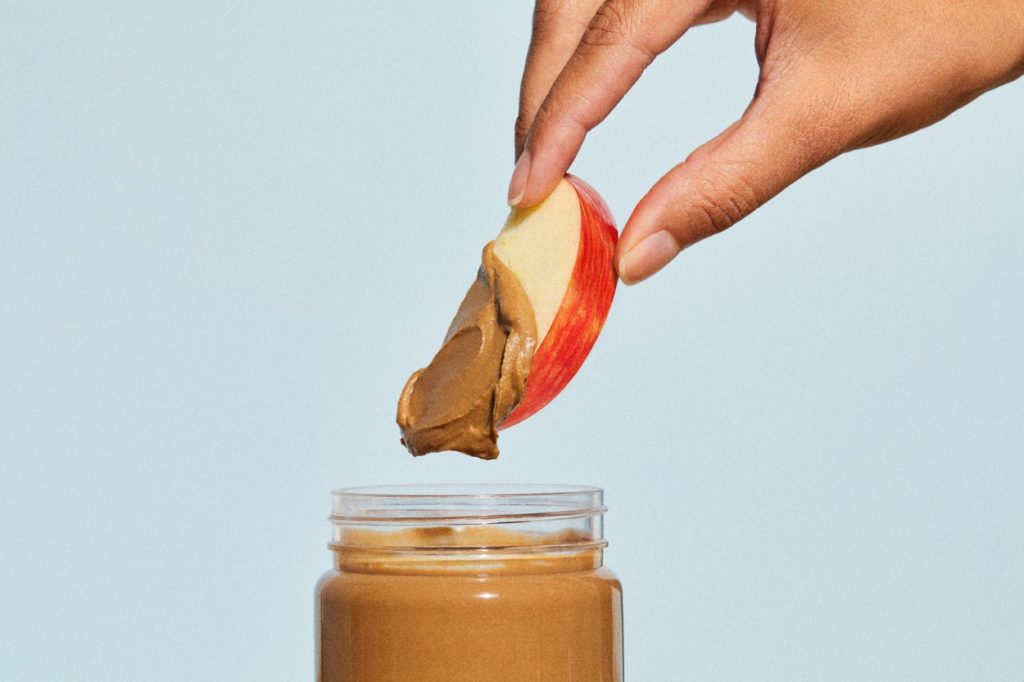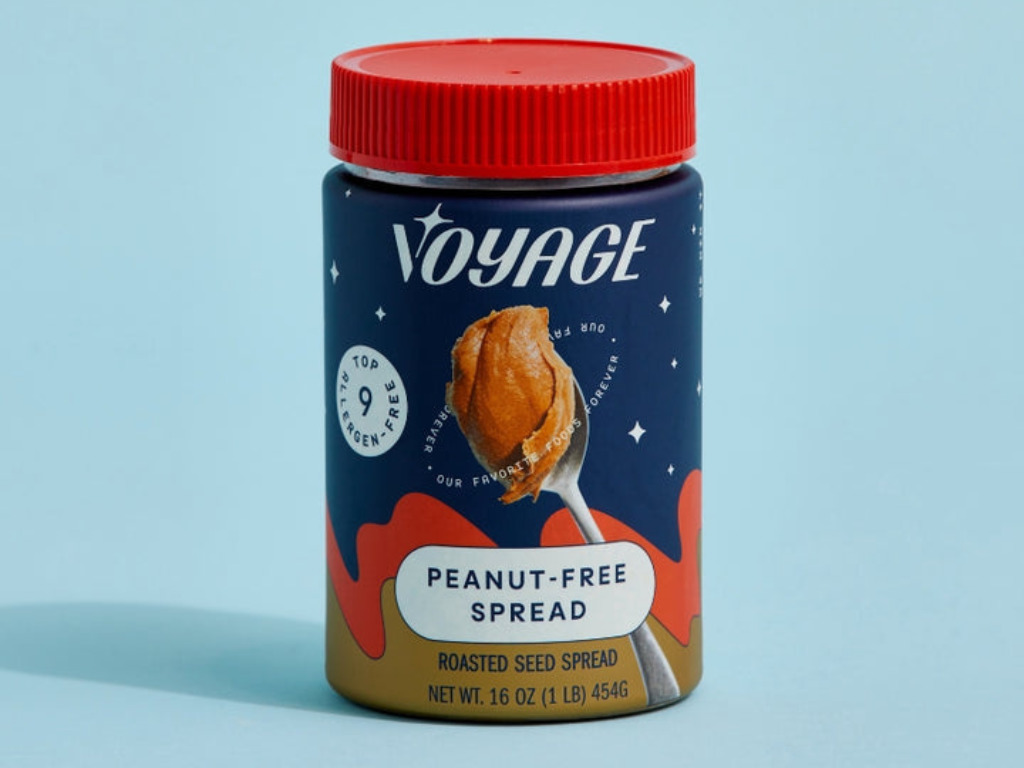Ethical Pantry Staples Maker Voyage Foods Bags $36 Million To Accelerate CPG Aspirations
4 Mins Read
Californian food tech startup Voyage Foods is a step closer to launching its ethical pantry staples. The company has confirmed a $36 million Series A raise co-led by UBS O’Connor and Level One Fund. This brings total funding to $41.7 million. Other participants in the round included Horizons Ventures, SOSV’s Indie Bio, and Social Impact Capital.
Voyage uses reverse engineering and molecular biology to recreate popular foods that are frequently unsustainable. Founder Adam Maxwell has a history of pioneering in these areas, thanks to his previous work with CHEW Innovation and Endless West. Voyage is focused on launching three products in the near future: peanut-free peanut butter, cacao-free chocolate, and coffee without coffee beans, in that order.

Gearing up for market entry
All Voyage products are ethically manufactured and free from all nine major allergens. They are intended to propel the startup from food tech to a CPG player, within the ethical food sector. The company notes that consumers expect more transparency and accountability from brands they support, hence it is focussing on popular products that can garner fast loyalty.
The first commercial product, slated for release in the second quarter of this year, is peanut-free peanut butter. It has been developed to offer nut allergy sufferers a way to enjoy the food with no risk of side effects.
“We’re future-proofing time-tested favorite foods so that we can enjoy them for years to come without having to worry about their impact on the environment and unjust labor customs that contributed to making them,” founder Adam Maxwell told Food Business News.
Bolstered by the Series A, Voyage plans to enter retail and develop a number of B2B relationships, whereby it will act as a developer for other brands. Its riff on conventional chocolate is being debuted as an ingredient, through a partner, later this year. The startup emerged from stealth development earlier this year and is now making good on projected launch timescales.

The dark side of favourite food production
The unethical conditions that Voyage is looking to remove from the food system are widespread. Chocolate and coffee are both infamous for their human rights transgressions and environmental impacts.
Coffee is set to get harder to source and more expensive when available. The unfortunate impact on consumers is said to be a result of the climate crisis. As the planet’s temperature changes, the biggest global coffee producer, Brazil, could see its suitable land diminish by 79 percent. With the coffee industry expected to see a valuation of $460 billion by year-end, producers will do whatever it takes to stay in the game. This then opens the door for unethical trading practices, whereby small farmers are priced out of the market and unable to make a living.
Chocolate harbours human costs as well. The sector is rife with small partner undercutting, as is coffee, as well as labour concerns. Child slavery is an ongoing issue that large companies such as Nestlé try to sweep under the carpet. Blockchain is being suggested as a way to protect the financial interests of cacao farmers.

An alternative to the norm
“Voyage’s ability to deliver true 1:1 replacements for some of the world’s most important food products is a feat unmatched by most food tech companies,” Kevin Russell, chief investment officer of UBS O’Connor told Food Business News. “Compared to incumbent products, this is done at a superior cost and with a significantly reduced environmental impact and has the potential to transform the food system in a way that benefits all stakeholders.”
Looking to add innovation to favourite foods via a different methodology is California Cultured. Making lab-grown chocolate from its U.S. location, the startup is cultivating cocoa products and ingredients to make finished products untarnished by labour rights problems.
Similar progress is being made with coffee, over in Finland. Researchers at the VTT Technical Research Centre have made an inaugural batch of cultivated coffee. The team claims that it creates a minimal carbon footprint compared to conventional alternatives. It also notes that commercial viability is possible within the next four years.
All photos by Voyage Foods.





